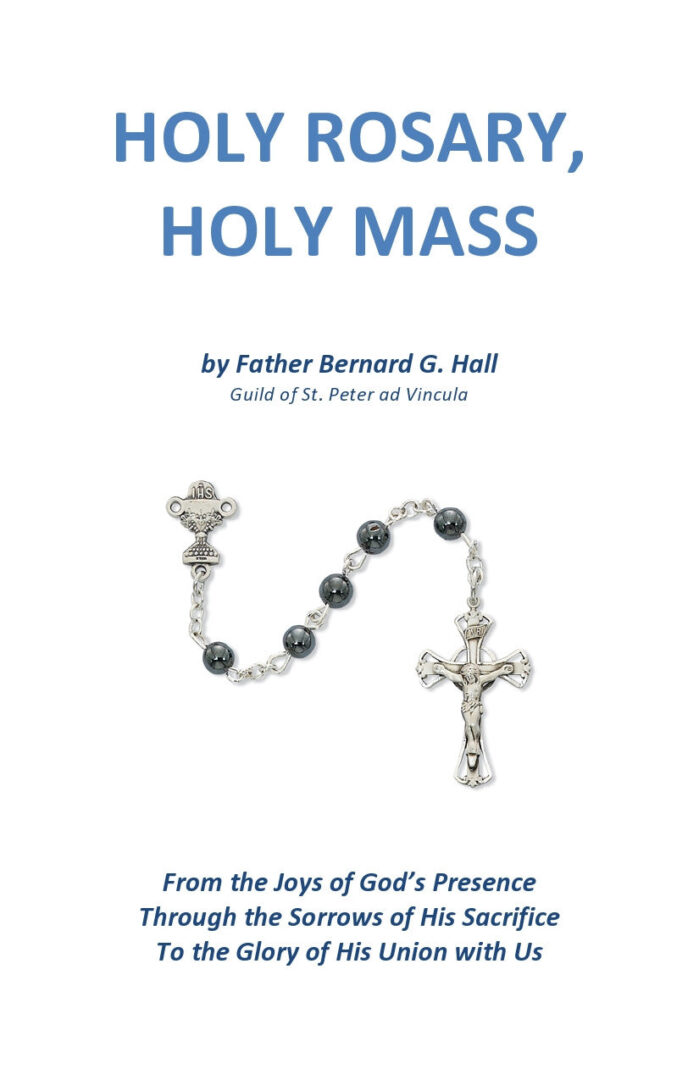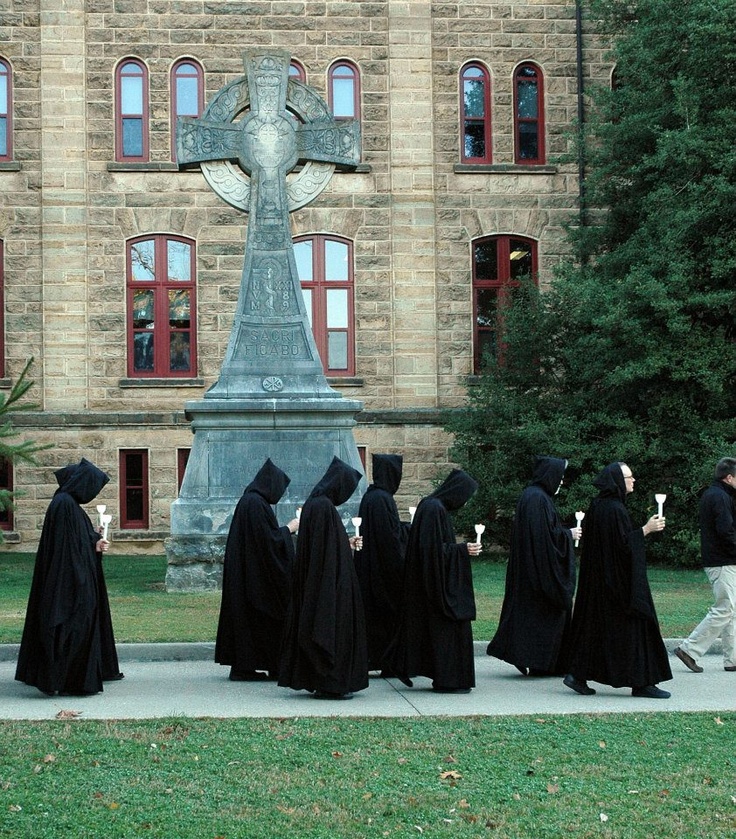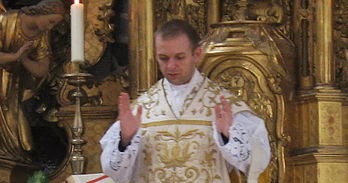Books for Eastertide


$11.95 – $25.95
Select options This product has multiple variants. The options may be chosen on the product page
Et Reliqua
Sermons and Reflections from the Deanery
Support our apostolate



Select options This product has multiple variants. The options may be chosen on the product page


On Feasts which have First Vespers, the Liturgical Day begins with these First Vespers. The liturgical color for vestments, altar frontal, etc. (and any other liturgical rubrics) will be those of the Feast being celebrated from First Vespers onwards, ie. including Compline.
On Feasts which do not have First Vespers, the Liturgical Day begins with Matins of the Feast.
The Divine Office of the day, from Matins through Compline, may be recited during the 24-hour period between midnight and midnight. However, there are certain exceptions which may be made according to the liturgical rules, as follows:
a) Matins and Lauds may be anticipated on the previous day, at any time after 2:00 pm.
b) If the location in which the Divine Office is being recited is using Daylight Saving Time, then the time available for reciting the Office may be extended until 1:00 am. However, the Office may not be extended beyond a 24-hour period (in other words, if you are extending the Office until 1:00 am, you must not have said any of the same Office before 1:00 am the previous day, other than the exception listed at (a) above.

c) One is also permitted to take advantage of “solar time” to extend the midnight (or 1:00 am) deadline even further. Thus, if you are praying near the western edge of your time zone, you may extend the deadline more than someone living nearer to the eastern edge of the same time zone. This deadline will thus vary according to your actual current location, so care should be taken to calculate the deadline accurately.
Holy Mass, although not part of the Divine Office, is nonetheless the most imporant service of the Liturgy – it is the shining star around which all the Hours of the Breviary revolve, and to which they refer. The Mass should typically be celebrated after the Hour of Terce. However, on Kneeling Days and certain other days of penitential character, Holy Mass is celebrated after the Hour of None. When reciting the Divine Office, layfolk are also encouraged to observe this rubric on days when they attend the Holy Sacrifice.
Matins and Lauds, as we have seen, may be anticipated on the previous day any time after 2:00 pm. However, they are a night office, and it is highly recommended to recite these Hours during the night. Most people find it easier to recite Matins and Lauds during the evening before they go to bed, although the monastic custom of rising during the night to recite these Hours is highly praiseworthy. Although Matins does not have many time-specific references in its texts, the Hour of Lauds contains many such references to the rising sun, the dawn, and the coming of the new day. As such, it is very helpful to recite Lauds at daybreak.
Matins and Lauds, as we have seen, may be anticipated on the previous day any time after 2:00 pm. However, they are a night office, and it is highly recommended to recite these Hours during the night. Most people find it easier to recite Matins and Lauds during the evening before they go to bed, although the monastic custom of rising during the night to recite these Hours is highly praiseworthy. Although Matins does not have many time-specific references in its texts, the Hour of Lauds contains many such references to the rising sun, the dawn, and the coming of the new day. As such, it is very helpful to recite Lauds at daybreak.
The word Prime comes from the Latin word for “first” and should be said at the first hour of the day, that is to say, the first hour of sunlight, or the early morning. The text of the Office of Prime refers continually to the work (both spiritual and temporal) of the day that has just begun, and as such it is most helpful to recite Prime as early as possible after waking.
The word Terce derives from the Latin for “third” and should be said approximately three hours after sunrise, typically at around 9:00 am. It contains referemces to the hour at which the Holy Ghost descended upon the Apostles at Pentecost. It is thus particularly appropriate to recite this Hour just before commencing the day’s work, invoking the Holy Ghost to bless and inspire the activities of the day.
From the Latin word for “sixth” Sext is the midday prayer of the Church and contains text invoking God’s help against the temptations and struggles we encounter during the heat of the day./p>
This word derives from the Latin for “ninth” and is typically said in mid-afternoon. It commemorates the ninth hour at which our Divine Saviour died on the Cross, and looks forward to the ending of the day’s work, and the evening rest.
Vespers, which is also known as Evensong, is, as the name implies, the evening prayer of the Church, and should ideally be said at about sunset.
The last of the canonical Hours, Compline is concerned with the ending of the day, and the entrusting of one’s soul to the Almighty for safekeeping during the coming night. Its other preoccupation is with the soul’s preparation for death, of which sleep is merely the foreshadowing. It is therefore, the ideal night prayer, and should be said before retiring.
The Versicle Dominus vobiscum (The Lord be with you) may be said only by Bishops, Priests and Deacons.
Subscribers who have not been ordained at least to the diaconate must instead say Domine, exaudi orationem meam, with the Response Et clamor meus ad te veniat (O Lord, hear my prayer. And let my cry come unto thee).
If this latter Versicle and Response has already been said immediately prior to the Dominus vobiscum (eg. during the Preces), it is not said a second time.
